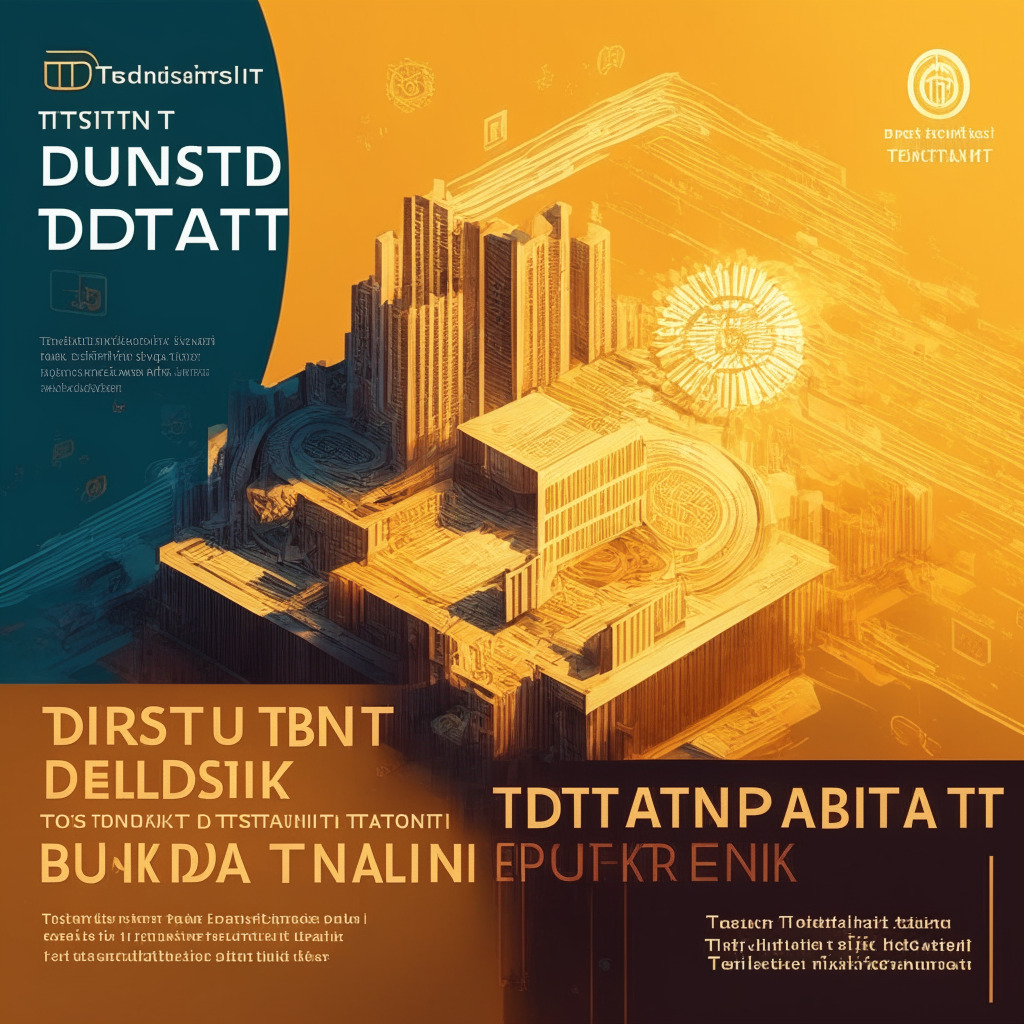Anchorage Digital, a San Francisco-based digital asset trust bank, recently revealed that its customers will soon have the opportunity to engage in decentralized voting, commonly known as Snapshot. This announcement follows a growing demand from institutional investors to participate in digital governance for various projects in the cryptocurrency space.
Snapshot voting has been gaining traction as a decentralized system specifically designed for decentralized finance (DeFi) operations. The primary objective of Snapshot is to consult users and allow them to influence a project’s future direction. Getting input from a project’s community, particularly major token holders, is a step towards achieving greater decentralization. Anchorage Digital aims to streamline this process by providing custody for tokens, allowing users to vote on specific changes easily.
In an email to Decrypt, Anchorage Digital co-founder and president Diogo Mónica stated: “Our federally regulated governance offering allows institutions to meaningfully participate in shaping the future of specific projects—and the ecosystem more broadly.” He also highlighted the benefits of combining qualified custody at Anchorage Digital Bank with these new governance capabilities, explaining that the move would streamline the governance process for leading institutions across the digital asset ecosystem.
This development can be seen as a significant stride in the march towards decentralization, allowing for increased community input in governance processes. Furthermore, Anchorage Digital is currently the only federally chartered digital asset bank in the United States. In December, fund manager M31 Capital selected the company to custody the $100 million Web3 Opportunity Fund.
Additionally, just last month, the firm discussed how institutional investors were showing interest in Ethereum, the blockchain powering the second-largest cryptocurrency, ETH, especially following a significant network upgrade. Although Anchorage Digital did not disclose precisely which crypto projects its clients would be able to vote on, the company stated that it would “support future ERC-20 tokens in response to client demand.”
On one hand, bringing institutional investors into the voting process can contribute to the increased adoption and acceptance of digital assets. On the other hand, skeptics may argue that large institutional players could potentially sway voting results and impact the projects’ future direction. While the inclusion of Snapshot voting is an exciting development for many, it remains to be seen how this integration will shape the broader crypto ecosystem and the decentralization movement.
Source: Decrypt




